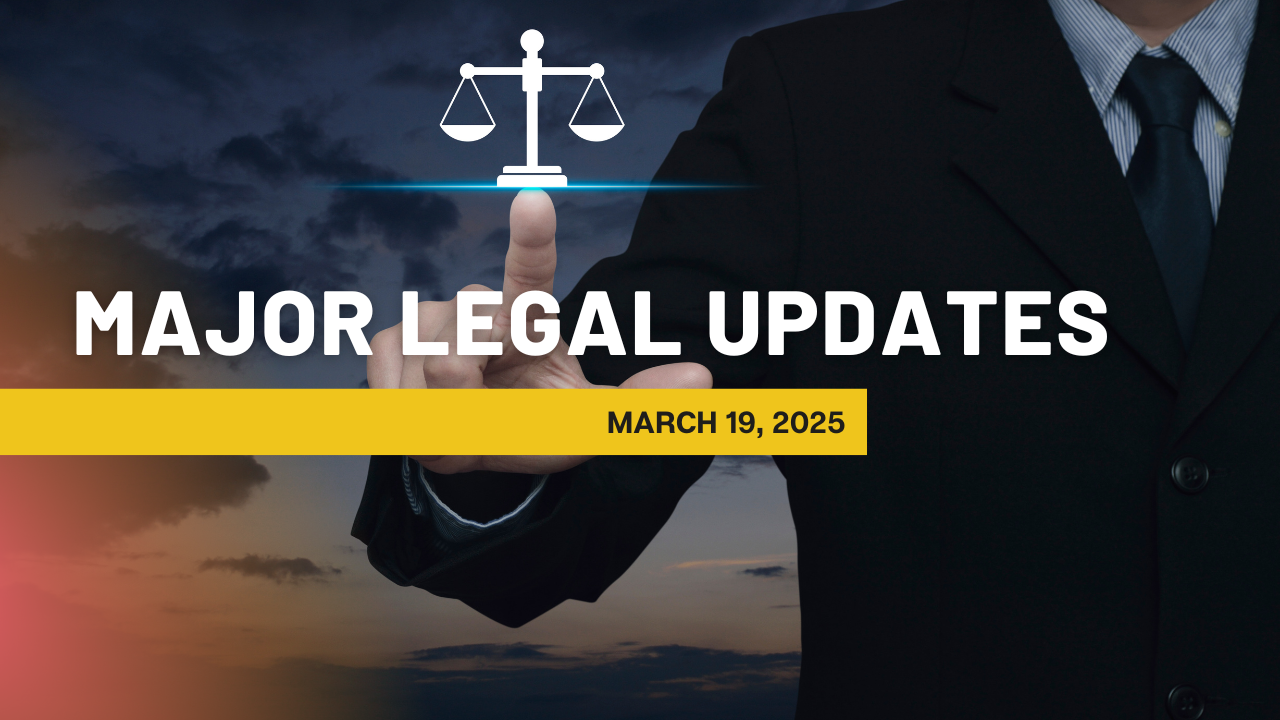Zomato could be hit with an insolvency petition in NCLT
Zomato, the food delivery platform, may soon face an insolvency petition as one of its operational creditors, Nona Lifestyle Pvt Ltd, has approached the National Company Law Tribunal (NCLT) seeking to revive a previously dismissed case. Nona Lifestyle has requested the tribunal to restore its earlier insolvency plea filed under Section 9 of the Insolvency & Bankruptcy Code in 2024, which was dismissed for non-prosecution.
To this end, the company has filed an application under Rule 11 of the NCLT Rules, 2016, invoking the tribunal’s inherent powers for restoring the petition.
Nona Lifestyle has urged the Delhi bench of NCLT to admit the application and initiate the Corporate Insolvency Resolution Process (CIRP) against Zomato. The case was heard by a two-member bench—Ashok K Bhardwaj and Reena Sinha Puri—and has been postponed until April.
The petitioner, a uniform and merchandise supplier, claims it is owed Rs 1.64 crore, including interest, for supplying apparel for Zomato’s employees and delivery partners, as well as for brand promotions during the ICC World Cup 2023. It alleges delayed payments and incomplete order acceptance by Zomato.
Zomato’s legal counsel has contested the restoration of the petition, arguing that a pre-existing dispute exists between the parties.
PIL in Delhi High Court Seeks Closure of Meat Shops Near IGI Airport to Prevent Bird Strikes
A Public Interest Litigation (PIL) has been filed in the Delhi High Court seeking the closure of meat shops and other establishments near Indira Gandhi International (IGI) Airport to prevent bird strikes. Filed by wildlife activist Gauri Maulekhi, the petition highlights that between 2018 and 2023, IGI Airport witnessed 705 bird strikes—more than the total incidents across 29 airports in six states.
Maulekhi attributes these incidents to nearby slaughterhouses, meat and dairy farms, and environmental pollution, claiming these attract birds and increase the risk of Bird Aircraft Strike Hazard (BASH). She emphasized that the Aircraft Rules of 1937 and the Bharatiya Vayuyan Vidheyak of 2024 prohibit activities likely to attract birds within 10 km of an aerodrome, making violations a cognizable offence.
Despite submitting representations to authorities, no action was taken, prompting the PIL. Maulekhi seeks court directions to enforce existing laws, implement a Bird Avoidance Model at IGI Airport, shut down illegal establishments within the 10 km radius, and register FIRs against violators. The case will be heard next on May 14. The petitioner is represented by Senior Advocate Kirtiman Singh, briefed by Karanjawala & Co.
Madras High Court: Senior citizens can cancel gift deeds if children neglect their care
The Madras High Court, in the case of S Mala v. District Arbitrator and ors., ruled that senior citizens can revoke property transfers to their children if they are neglected, even if the deed does not explicitly require care. Referencing Section 23(1) of the Maintenance and Welfare of Parents and Senior Citizens Act, 2007, the Court emphasized that love and trust often motivate such transfers, creating an implicit expectation of care.
The case involved S Nagalakshmi, who transferred property to her son but was later neglected by her son and daughter-in-law, especially after her son’s death. She sought to revoke the deed, and the Revenue Divisional Officer (RDO) cancelled the transfer. Her daughter-in-law challenged this decision, arguing no explicit condition required maintenance.
The Court held that an elderly parent naturally expects care, making it an implied condition in the deed. Since this expectation was violated, the revocation aligned with the law’s objective of protecting senior citizens. The daughter-in-law’s appeal was dismissed, and the property cancellation was upheld.
Radha Smelters gets NCLT approval to acquire GVK Gautami Power
The Madras High Court, in the case of S Mala v. District Arbitrator and ors., ruled that senior citizens can revoke property transfers to their children if they are neglected, even if the deed does not explicitly require care. Referencing Section 23(1) of the Maintenance and Welfare of Parents and Senior Citizens Act, 2007, the Court emphasized that love and trust often motivate such transfers, creating an implicit expectation of care.
The case involved S Nagalakshmi, who transferred property to her son but was later neglected by her son and daughter-in-law, especially after her son’s death. She sought to revoke the deed, and the Revenue Divisional Officer (RDO) cancelled the transfer. Her daughter-in-law challenged this decision, arguing no explicit condition required maintenance.
The Court held that an elderly parent naturally expects care, making it an implied condition in the deed. Since this expectation was violated, the revocation aligned with the law’s objective of protecting senior citizens. The daughter-in-law’s appeal was dismissed, and the property cancellation was upheld.



 March 19, 2025
March 19, 2025






 February 4, 2026
February 4, 2026 0 COMMENTS
0 COMMENTS



